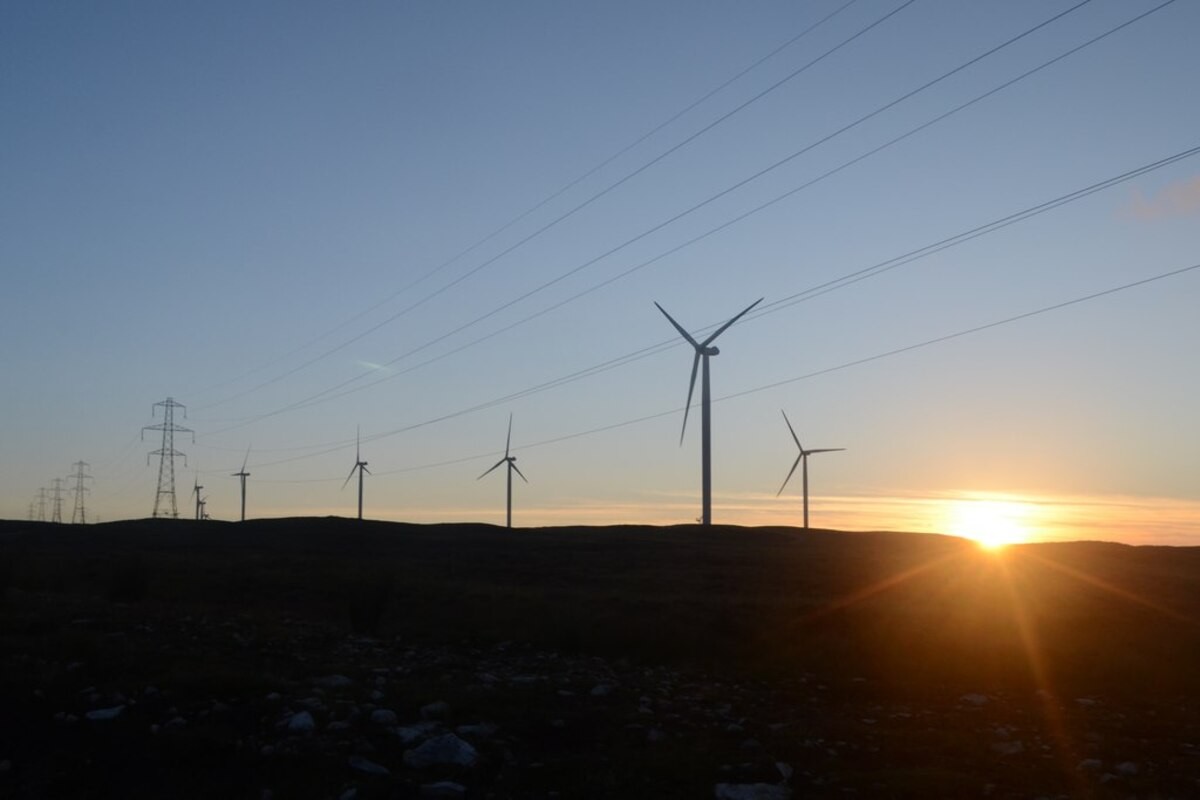Infrastructure funds: pillars of the energy transition
Alexandra Butler

Given the importance of nuclear power in public investment, energy transition and decarbonised energy, production infrastructures will, through necessity, require private investment. Some private equity investment houses have prioritised this societal demand.
Infrastructure investing has always been a safe bet for investors looking for resilient investments able to withstand the pressures of volatile economics and global crises. The COVID-19 pandemic and resulting recessions have put a strain on this, with global inflation, increases in interest rates and a declining equity market resulting in higher risk, lower yields and general uncertainty. Indeed, infrastructure investing has been fundamentally refocused on the energy transition as net zero targets become an urgent policy of both national and supranational entities, particularly following COP21 in Paris. The war in Ukraine and global uncertainty about energy security and unsustainably high energy prices have only served to intensify the focus on energy as a prime target for private investment moving forward.
Fund management companies already in on the act
Long before the pandemic, investment houses were becoming acutely aware of the financial benefits of adhering to strict ESG criteria in order to drive value creation, development and innovation. Investment philosophies have therefore evolved with these global trends, as highlighted by Philippe Camp, Chairman and Co-Chief Investment Officer of Infrastructure at Goldman Sachs Asset Management: “In terms of our investment philosophy, through specialisation we identify trends with strong tailwinds early on. We believe that by being first movers, we can create significant value for our stakeholders over the long term… The energy transition is the most significant pillar of our thesis for investing today.”
This global interest in the economic value of sustainability has led to a sharp increase in private equity investments in projects focused on the energy transition, green energy and renewables. According to an analysis by the Boston Consulting Group, private investment in low-carbon technologies globally almost doubled from 2020 levels to $57 billion in 2021. This falls short of the targets underlined in the Paris Agreement, and the sector is yet to come up with a solid, stable investment model, but it appears to have become an irreversible trend, which is positive news…
Furthermore, investors tend to retain assets in the energy sector long-term. This practice builds resilience, and helps protect investors from the volatility and uncertainty, making sure strong returns are made, even if they have to play the waiting game. This is why renewable energy investment has soared recently: aggregate deal value for renewable energy companies increased about nine-fold, to $5.51 billion from $633.9 million, over the whole of 2021, according to S&P Global Market Intelligence.
Clean energy funds accelerating the energy transition
The war in Ukraine has led to European countries scrambling to find short-term solutions to the resulting energy crisis, which has meant an immediate reliance on coal, natural gas and nuclear. But geopolitical dynamics have not slowed down PE investments in renewables. European oil and gas assets are quickly being acquired as these international conglomerates commit to a long-term energy transition in the framework of net zero targets. "That has given them the opportunity to acquire assets at attractive prices as multinationals reshape their portfolios in preparation for net zero," said Bob Palmer, partner at law firm Mayer Brown.
But investment houses are going further than simply acquiring oil and gas assets at knock-down prices. Some have remained ahead of the curve, setting up clean energy funds in order to obtain seed assets in the renewables sector. French private equity firm Ardian, for example, recently acquired over half a billion euros worth of seed assets for a newly launched open-ended clean energy fund. The Ardian Clean Energy Evergreen Fund (ACEEF) is targeting ”mature renewable technologies” including solar, wind and hydroelectric, as well as ”emerging technologies” including biogas, biomass and energy storage and efficiency.
“ACEEF is a new innovative step to provide long term capital to accelerate the energy transition. The fund, managed by a highly qualified team with a track record spanning 15 years and a large network of industry experts, offers our clients a unique platform to operate in the renewable energy sector with an industrial approach. Ardian’s strategy to accelerate the energy transition is more relevant than ever to fight climate change and to contribute to energy independence,” said Mathias Burghardt, the head of Ardian Infrastructure and a member of Ardian’s executive committee.
The clear possibility in increasing returns from investments in the clean energy sector is definitely turning heads in the private equity sphere. Some investment houses have certainly got a head start, but the sector is far from saturated. We can expect to see rising investments in the coming years as interest rises, government subsidies become more readily available and the sector in general doubles down on its ESG/sustainability focus.



